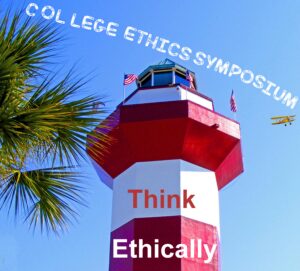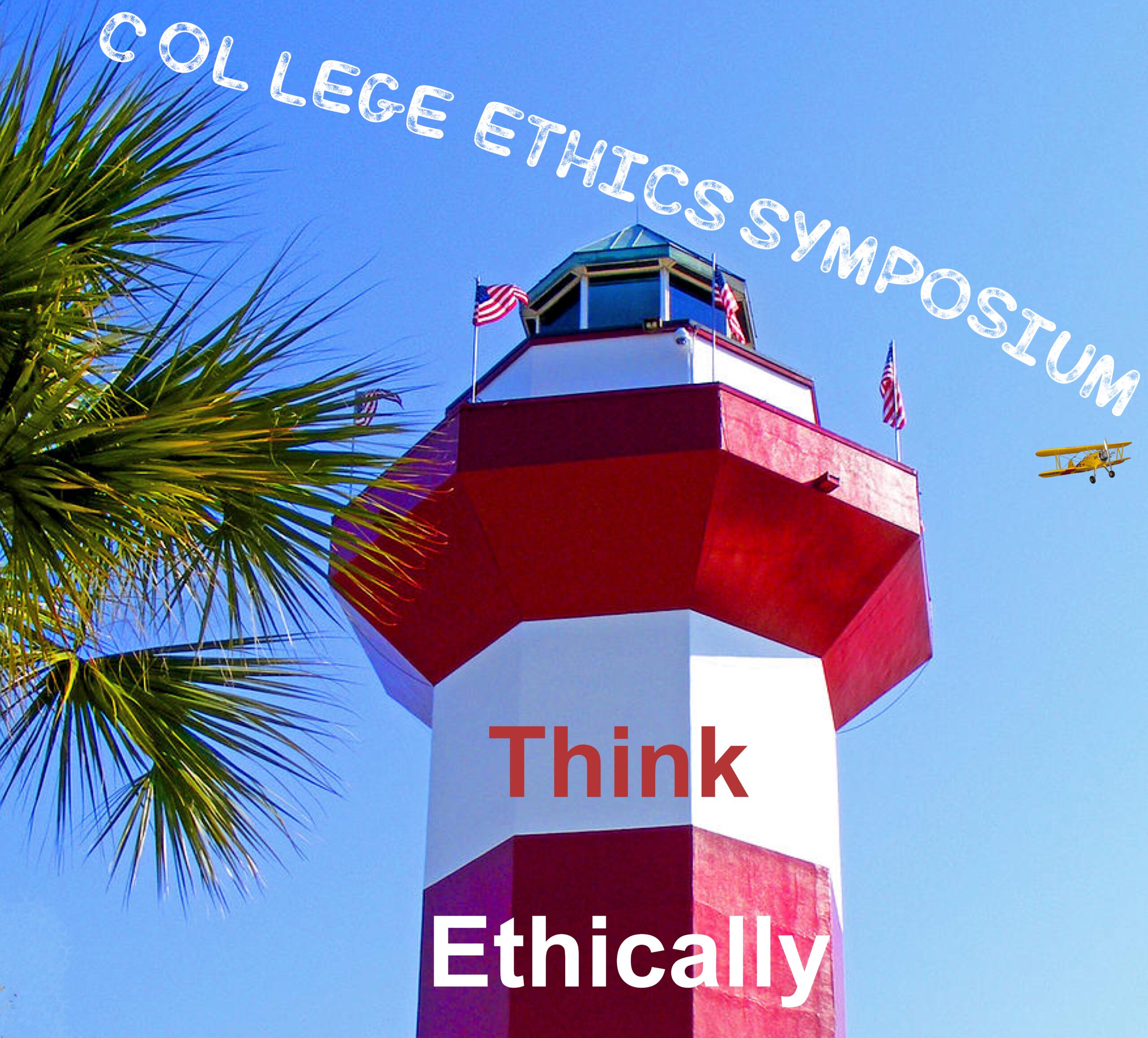Case Study #14: Exploring Cancel Culture Ethics
Abstract:
This case study delves into the ethical considerations surrounding cancel culture, a phenomenon characterized by public denouncements, boycotts, and social ostracism of individuals or organizations. By examining two specific cases, we aim to explore the ethical dimensions and potential consequences of cancel culture.
Introduction:
Cancel culture has emerged as a prevalent aspect of contemporary society, with widespread implications for individuals, organizations and institutions. While the concept purports to hold accountable those who perpetrate harm or engage in offensive behavior, its implementation and execution have been subject to criticism due to concerns over silencing controversial views, fairness, proportionality, and potential negative repercussions. To better understand these ethical implications, we will analyze two cases; one involving an individual who faces cancellation and evaluate the ethical considerations involved in cancel culture; and, another involving a business executive dealing with whether to take a corporate stand on an issue of public importance and debate.
Case Study: The Case of Dr. Alex Greene
Dr. Alex Greene, a renowned scientist in the field of physiology and genetics, conducted a research study, authored a paper in a peer reviewed journal and made a series of statements about the appropriateness of trans athletes competing against women. (While in college, Alex was an all ACC swimmer who was also a member of the US Olympic Swim Team.) Alex’s study, paper and statements have been deemed controversial by many. Those positions were interpreted by many as trans-phobic and discriminatory, and they generated significant backlash on social media. The hashtag #CancelDrGreene began trending, and a movement advocating for Alex’s removal from academic positions and professional associations gained momentum.
Case Study: The Case of Casey Smith
Casey Smith is the longtime Chief Marketing Officer of Big Box Stores. Big Box is a department store with operations in 48 states and is headquartered in South Carolina. Casey helped Big Box grow from a small time operation to its present situation as a rival to Wal-Mart and Target. Big Box is publicly traded and the stock is part of the S&P 500 Index. It is held by many mutual funds and institutional investors including many public and private pension funds. South Carolina appears to be ready to enact a very controversial bill that is generating lots of concern throughout the blogosphere and also among the employees of Big Box, especially those located in South Carolina. A majority of legislators and the South Carolina Governor have indicated their support for the bill. Personally, Casey believes that the law goes too far in many respects and that the legislation does not have support among many people in South Carolina and nationally. Many organizations and prominent voices in social media are talking about boycotting businesses like Big Box (especially those headquartered in South Carolina) that do not take a public stand against the legislation. The Chair of the Board of Big Box and the Big Box CEO have scheduled an urgent meeting with Casey to discuss what the company should do. The Chair is a supporter and confidant of the South Carolina Governor and the CEO has only been on the job at Big Box for 6 months. Up to now, the CEO has relied heavily on Casey’s advice in making decisions.
Ethical Considerations:
1. Whether to Take a Public Stand
Is Alex ethically bound to take a stand and publish the research findings even though many disagree with the results? This research led to the conclusion that trans-athletes have a distinct advantage over biological women in swimming competitions. Alex knew the results of this research would be controversial, whatever the outcome and, going into the study, Alex actually believed that the results would show no difference or advantage between trans-athletes and biological women. Should Alex have undertaken the study considering the fact that it would be controversial? Should Alex publicize the results? Would it make a difference ethically if the research results were the opposite i.e. trans-athletes have no advantage over biological women swimmers or if a second study reached the opposite result? Are there some topics that are too controversial or so contrary to our commonly-held belief system that they should be off-limits: for instance, research about race and IQ, the negative effect of certain religious beliefs on society or euthanasia or sterilization for undesirable mental or physical conditions. What ethical principles should guide Alex in making the decision to proceed?
Is Casey ethically bound to take a stand? Casey believes that the state’s legislation is harmful and should not be enacted. It will alienate many employees, suppliers, customers and potential customers if Big Box stays silent. If Big Box stays silent (or endorses the bill), what should Casey do? If Casey undertakes some surveys to see what employees and customers think about the legislation, how should this impact what Casey does? What if Casey believes the legislation is wrong and discriminatory and (i) the surveys show that employees and customers agree that the bill is wrong or (ii) the surveys show that the legislation is actually popular with both Big Box employees and customers and that the uproar on social media is not representative of the general public? In making a decision, should the possible impact on the price of Big Box stock enter in the picture and why or why not? What ethical principles should guide Casey in making a decision to take a stand?
2. The Decision to Cancel
a. Freedom of Speech vs. Accountability: In addition to the ethical decision faced by those directly involved in taking controversial positions, there is the issue of what the broader public should do in the face of actions believed to cause significant harm. Alex’s case brings to light the tension between freedom of speech and the need for accountability. Casey’s situation involves the tension between individual support for a position and one’s duty to an employer.
Supporters of cancel culture argue that individuals should be held responsible for their words and actions especially when their influence extends beyond personal interactions. However, opponents contend that excessive condemnation can restrict freedom of speech, discourage open dialogue and prevent the clash of ideas which is essential in a democracy. Opponents also observe that implicit in canceling an individual or a position is the fundamental ethical stance that the position taken by the person being canceled is “wrong” or otherwise improper and should not be publicly expressed. Who decides what is “wrong” and how is that determination made? Is “harmful” speech equivalent to “wrongful” speech that needs to be canceled? How “harmful” or “wrong” must speech or ideas be before they merit cancelation? Should business organizations be cancelled when they take the “wrong” position? What about when the business refrains from taking any position on a controversial issue?
b. Proportionality and Fairness: Evaluating the severity of the offense and the proportionality of the response is crucial when considering cancel culture. While some believe it is essential to address harmful behavior, a fair and measured response is necessary to avoid undue harm to the individual or organization being canceled. The determination of proportionality should be grounded in careful assessment rather than a reactionary response driven by personal or public sentiment.
c. Rehabilitation and Education: Some critics argue that cancel culture focuses on punishment rather than rehabilitation and education. Instead of entirely ostracizing individuals or organizations, some advocate for opportunities to learn, grow, and amend their behavior. This approach, they say, allows for personal/organizational growth and the potential for genuine change.
d. Due Process and Investigation: A key concern within cancel culture ethics is the absence of a formalized process for evaluating accusations and allowing individuals to defend themselves. Ensuring due process, including conducting thorough investigations and allowing the accused an opportunity to respond, can help prevent unjust cancellations and protect innocent individuals and organizations from unwarranted consequences. Since cancel culture is a function of group dynamics, is there any realistic way, especially in the internet age, to permit the individual or acting organization to defend its position and to balance the competing interests? Who makes the decision to cancel?

